The rise and fall of the legendary Evolution Studios.
This sense of busyness specifically lends the game an energy quite unlike other racing games of that era.
It perfectly straddles that line.

To that end, Motorstorm is one of the first games on PlayStation 3 to utilise Havoc physics.
Motorstorm takes advantage of this is three key areas - firstly, with rigid body physics.
The third major area where physics comes into play involves the vehicles themselves - specifically the progressive damage system.

The way the tyres, suspension and frames bounce around and react to the terrain is so satisfying.
The simple act of driving feels good in Motorstorm.
That ties into the intersection between driving and track design.

Asymmetric racing is a nuanced topic as such a variety in vehicle classes necessitates careful balance and design.
And that’s what makes it so exciting.
Lighter vehicles can often move faster but they’re basically moving targets for larger trucks and buggies.
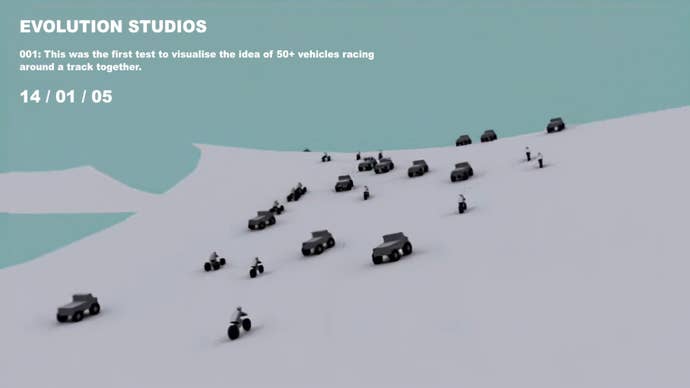
Handling is also influenced by the terrain itself - dry rock behaves differently from thick mud.
It’s a blast.
This is enhanced by pseudo-track deformation as well.
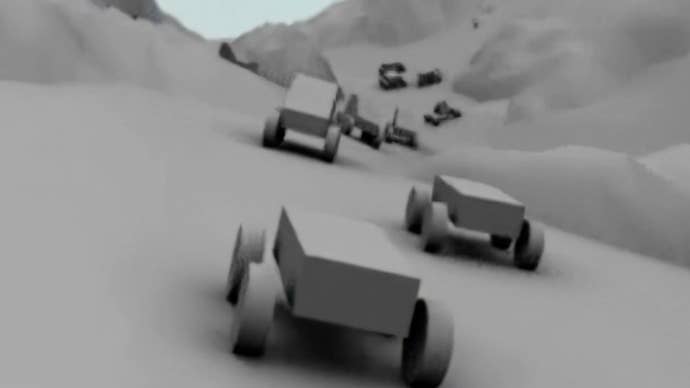
This emulator is genuinely amazing at this point (assuming you have a top-tier CPU!)
Each category represents a unique style of environment to race in.
There’s just so much more content and variety here compared to the original.
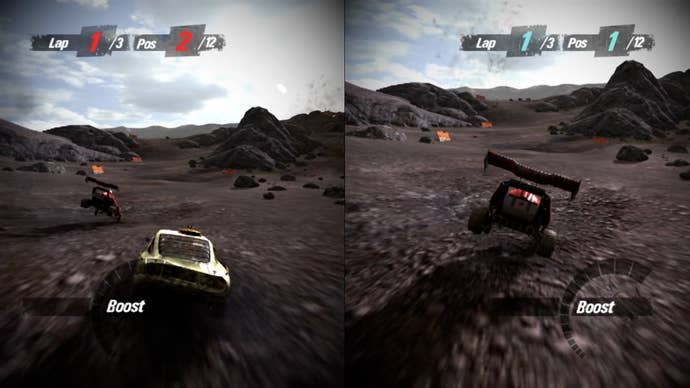
With the sequel, however, it uses water and fire to influence your temperature.
The tracks feature significantly more variety this time around too.
The criss-crossing nature of the tracks remains intact as well, which is always good fun.
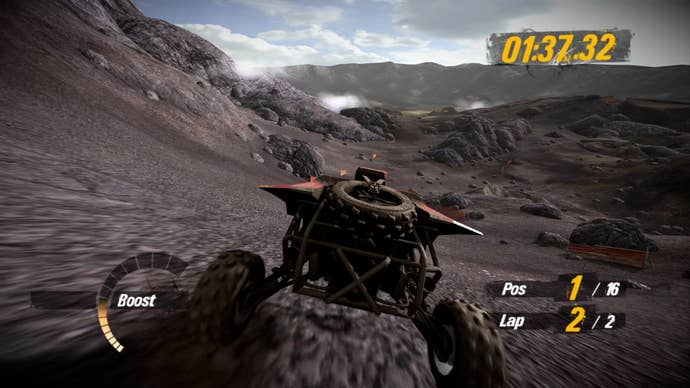
That’s right - when you drive your vehicle into the vegetation, it snaps and bends realistically.
Another forward-looking feature for the era.
Remarkably, nine years after the system’s Japanese debut, PlayStation 2 enjoyed its own take on Motorstorm.

On March 11, 2011, a magnitude 9.1 earthquake occurred just off the coast of Japan.
This powerful quake resulted in a devastating tsunami which slammed the island nation, leaving destruction in its wake.
It also resulted in disaster at the Fukushima Daiichi Nuclear Power Plant.
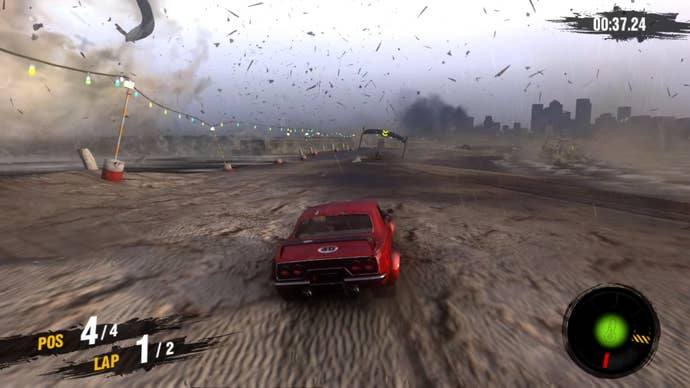
It was a terrible tragedy that impacted so many people.
Some of the content may have hit too close to home, but the timing didn’t help either.
And then, further misfortune befell Sony.
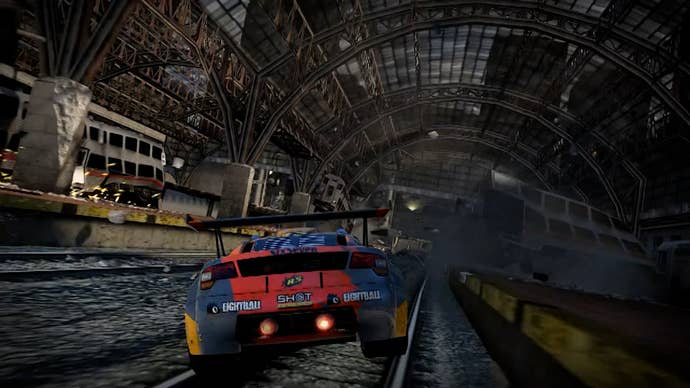
This attack resulted in a service outage that would last nearly one month.
Motorstorm Apocalypse launched during this period with no marketing and no online multiplayer.
The circumstances around its release could not have been worse - but the game itself is absolutely fascinating.

Motorstorm Apocalypse represents a dramatic shift in the tone and design of the series.
The main single-player portion is now driven by a story told using video sequences.
It needed to support more dynamic lights, advanced weather effects, a wealth of particles and more.
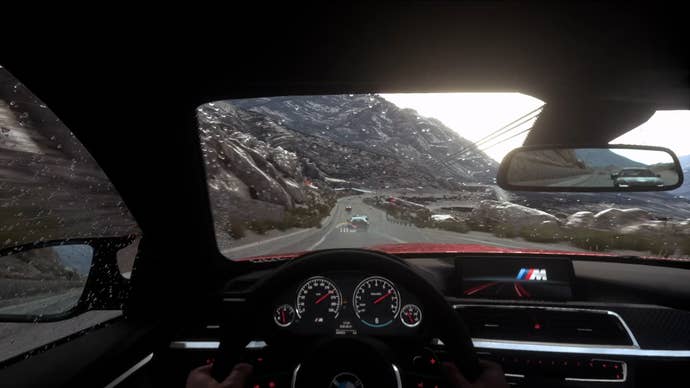
Furthermore, the team implemented a wide range of new features on the back-end to enable faster iteration.
The tracks are extremely impressive to behold - going beyond similar games of this era such as Split-Second.
Despite that, DriveClub is brilliant.
Release it today at 4K60 and it would stand toe to toe with the best.
It’s that good.
It’s basically instant.
It’s difficult not to feel a sense of loss.
In fact, I believe the legacy of Motorstorm is strong enough to warrant a proper return.
For now, though, the legacy of Motorstorm will never be forgotten.
Long live the festival!